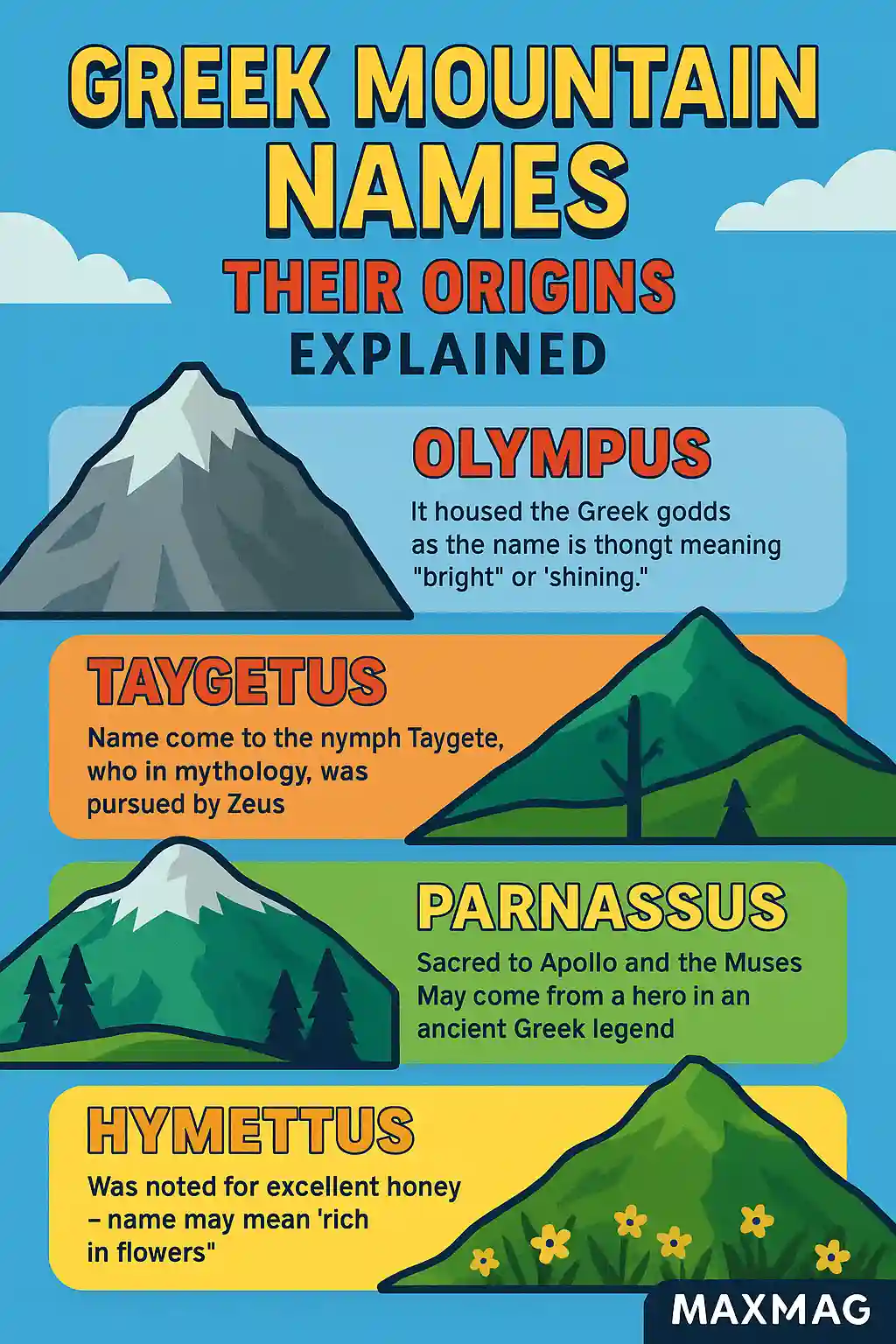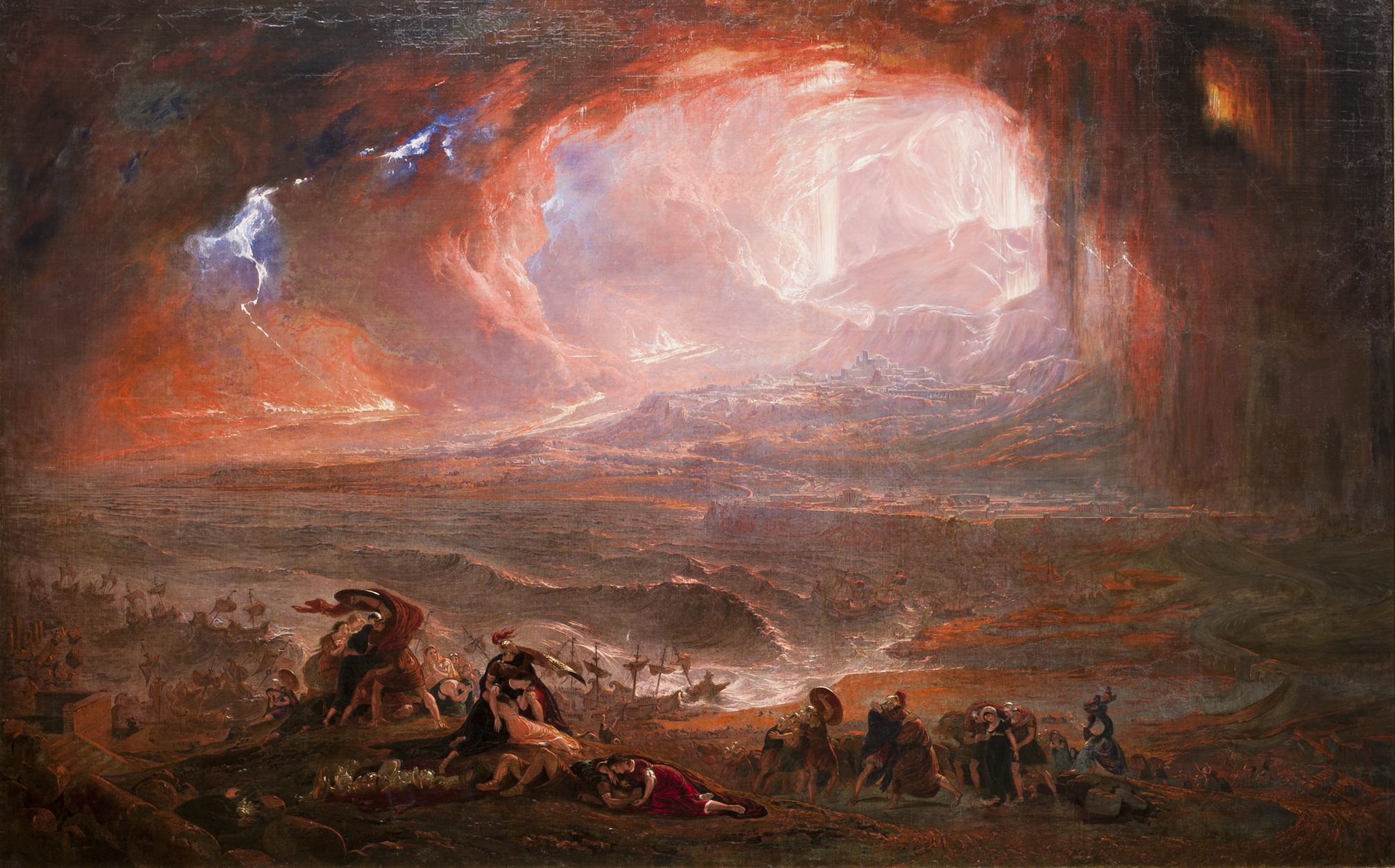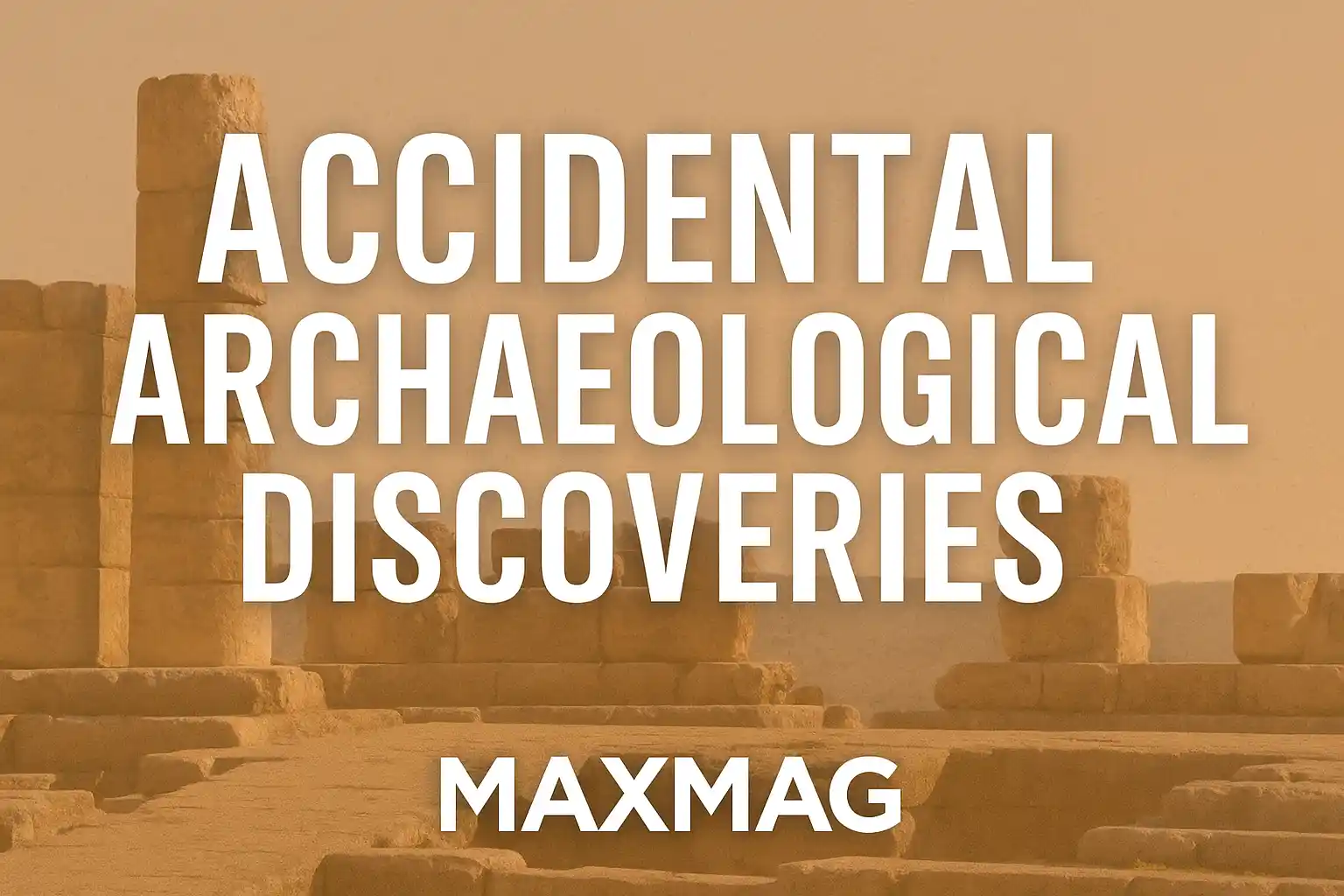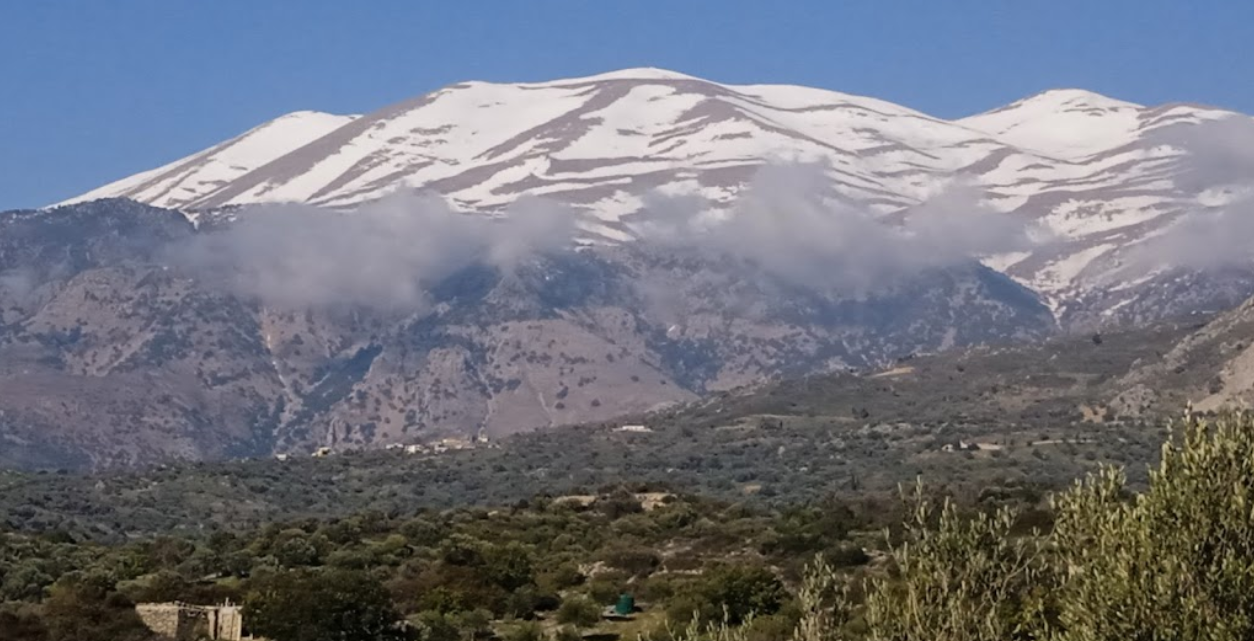
Have you ever paused to wonder about the origin of Greek mountain names? These towering landforms aren’t just geological phenomena—they’re cultural monuments carrying centuries of stories, myths, and meanings. The Greek mountain names origin goes far beyond simple labeling. Each name is a linguistic time capsule that speaks to the nation’s deep connection with nature, mythology, and history.
From the legendary Mount Olympus to lesser-known peaks scattered across the Peloponnesian peninsula and northern Greece, each name reflects how ancient Greeks related to their land. Some names derive from gods and mythical events; others come from local flora, animals, or ancient dialects long extinct. In this article, we’ll dive deep into the Greek mountain names origin and discover how these natural wonders became vessels of memory and identity.
Olympus – The Throne of the Gods
Mount Olympus is perhaps the most iconic mountain in Greece. It was believed to be the home of the Twelve Olympian gods, with Zeus reigning at its peak. The name “Olympus” may be linked to the ancient word olambos, meaning “bright” or “shining,” which could relate to the snow that often crowns its summit.
Beyond its mythological stature, Olympus also has ecological and historical significance. It’s Greece’s highest mountain and a national park since 1938. Its name reflects both its visible majesty and its invisible cultural gravity. National Park Service studies have drawn parallels between ancient sacred landscapes like Olympus and spiritual mountains globally.
Taygetus – The Mountain of the Nymph
Located in the Peloponnese near Sparta, Taygetus is named after the nymph Taygete, one of the Pleiades. According to myth, she was pursued by Zeus and transformed into a doe to escape him. The mountain thus embodies a story of divine pursuit and transformation.
The Taygetus range played a strategic role in history, especially during classical antiquity. Its name endures not only in myths but also in literary references and local folklore, reinforcing the Greek mountain names origin through both oral and written traditions.
Parnassus – Home of the Muses
Mount Parnassus towers over Delphi and is tied to Apollo and the nine Muses—goddesses of art and knowledge. The name may stem from Parnassos, an ancient hero or king associated with the area. Its association with divine inspiration made it a symbolic center of poetry, music, and prophecy.
Today, Parnassus continues to be a cultural touchstone and a popular skiing destination. Articles on Smithsonian Magazine detail its dual legacy as a sacred site and a modern leisure haven, demonstrating how ancient names still shape contemporary perceptions.
Hymettus – The Fragrant One
Mount Hymettus lies east of Athens and is famously associated with honey and thyme. The name likely derives from a pre-Greek root referring to its sweet aromas and dense flora. In classical times, it was known for producing the best honey in Attica.
Hymettus represents how the Greek mountain names origin often mirrors environmental features. Ancient Athenians didn’t separate myth from ecology—they merged them. This practice turned nature into narrative and geography into storytelling.
Ossa – The Mythical Challenger
Mount Ossa, north of Olympus, features in myths where giants stacked it atop Mount Pelion in an attempt to reach the heavens. The name may come from the word ossos, meaning bone—perhaps symbolizing its rigid and towering appearance.
Although less famous than Olympus, Ossa carries mythic weight and remains an essential piece of Greek mountainous lore. It emphasizes how names often functioned as metaphors as well as markers.
Pelion – The Healer’s Sanctuary
Pelion was considered the land of the Centaurs, especially Chiron, the wise healer. The name may relate to the word pelios, meaning clay or earth-colored, perhaps referencing the terrain. This mountain bridges myth and medicine, with its name echoing a therapeutic past.
Herbal knowledge from Pelion has persisted into modern Greek folk medicine. Harvard University’s botanical research includes references to ancient texts mentioning the flora of Pelion.
Pindus – The Backbone of the Mainland
The Pindus range stretches through northern Greece and forms the country’s central mountainous spine. Its name’s etymology is uncertain, but some suggest it comes from pindos, an ancient Greek word meaning “ridge” or “rocky area.”
Though less mythical, Pindus illustrates how the Greek mountain names origin sometimes reflects geography directly. These utilitarian names also capture how ancient people navigated and classified terrain.
Helicon – The Lesser-Known Muse Mountain
Often overshadowed by Parnassus, Mount Helicon was another place sacred to the Muses. The name is thought to stem from the Greek helicos, meaning spiral or twisted, possibly describing the mountain’s terrain.
Helicon reminds us that inspiration wasn’t centralized. The divine was everywhere—especially in mountains. It’s a compelling example of how multiple myths could coexist across similar topographies.
Ida – Sacred Ground of Crete
Mount Ida in Crete is where Zeus was hidden as an infant from his father Cronus. The name may come from the Indo-European root id, meaning forest or wooded hill.
Ida’s name is emblematic of Crete’s pivotal role in mythological prehistory. Its dense forest once symbolized both protection and mystery, encoded in a name still whispered through ancient caves.
Iti – The Motherly One
Mount Iti, often associated with the goddess Demeter, derives its name from itèa, meaning willow tree. It’s a maternal, nurturing symbol in Greek mythology, especially in stories related to fertility and agriculture.
The Greek mountain names origin in this case is clearly botanical but mythologically charged—proving that nature and nurture have always gone hand-in-hand in Hellenic culture.
Why Mountain Names Still Matter
Names are not just labels. They’re memories carved in stone. The Greek mountain names origin teaches us that naming is an act of cultural encoding. Whether referencing gods, plants, emotions, or visual cues, these names preserve layers of human experience and environmental perception.
As archaeological studies continue to reinterpret Greece’s landscape, these etymologies offer valuable insight. Each name is a dialogue between ancient people and their physical world, preserved in syllables that still echo through valleys and peaks.
FAQ: Greek Mountain Names Origin
Q1: What is the origin of the name Mount Olympus?
A1: It may come from an ancient word for “bright” or “shining,” referencing its snowy summit and divine associations.
Q2: Is Mount Taygetus named after a real person?
A2: No, it’s named after the nymph Taygete from Greek mythology.
Q3: Why are mountains often named after gods or nymphs?
A3: Ancient Greeks linked natural landmarks with divine stories to explain their environment and express reverence.
Q4: Are there Greek mountains with non-mythological names?
A4: Yes, such as Pindus, which likely comes from a word for “ridge” or “rocky place.”
Q5: Do modern Greeks still use these ancient names?
A5: Yes, most mountain names have survived with minimal change, preserving their original cultural meanings.






